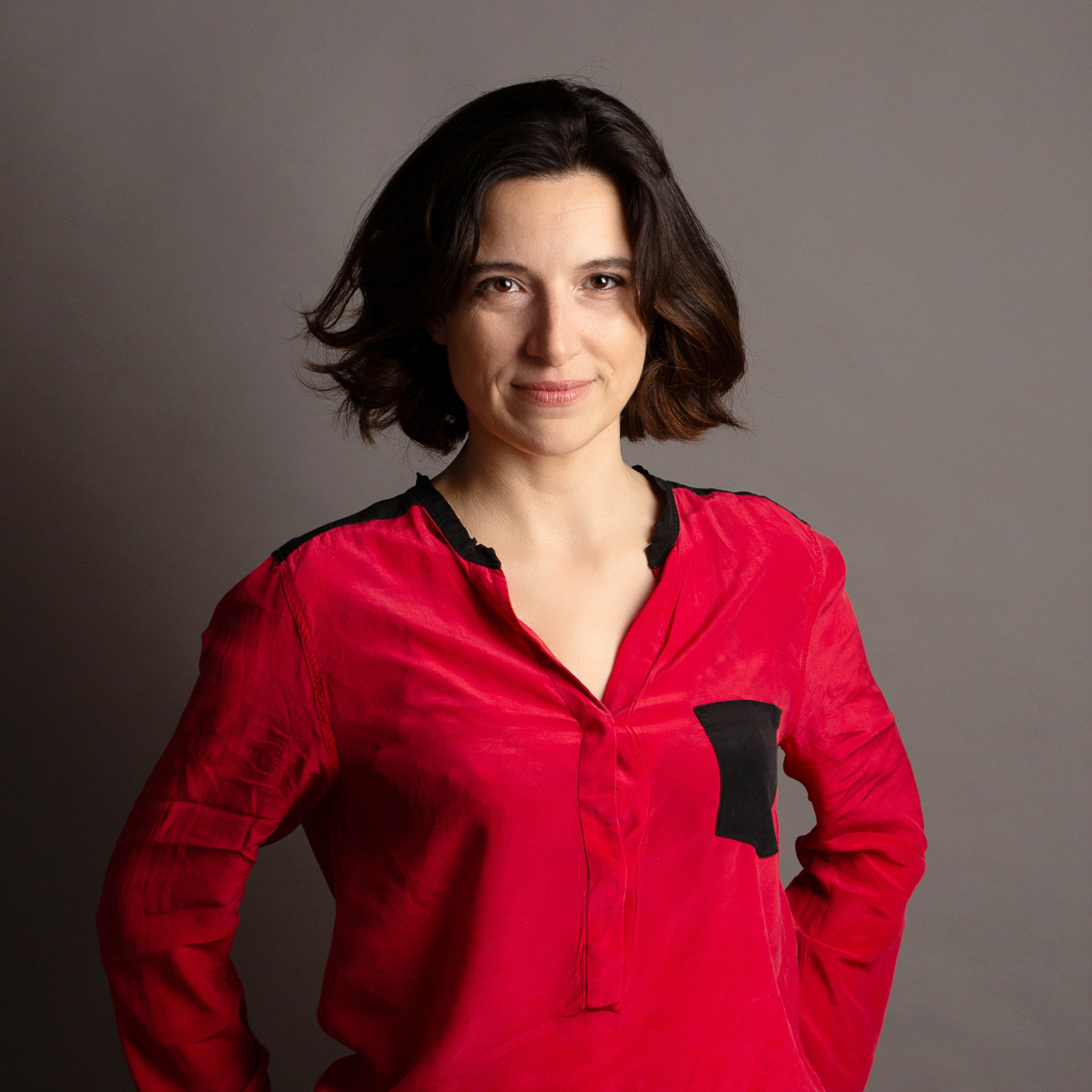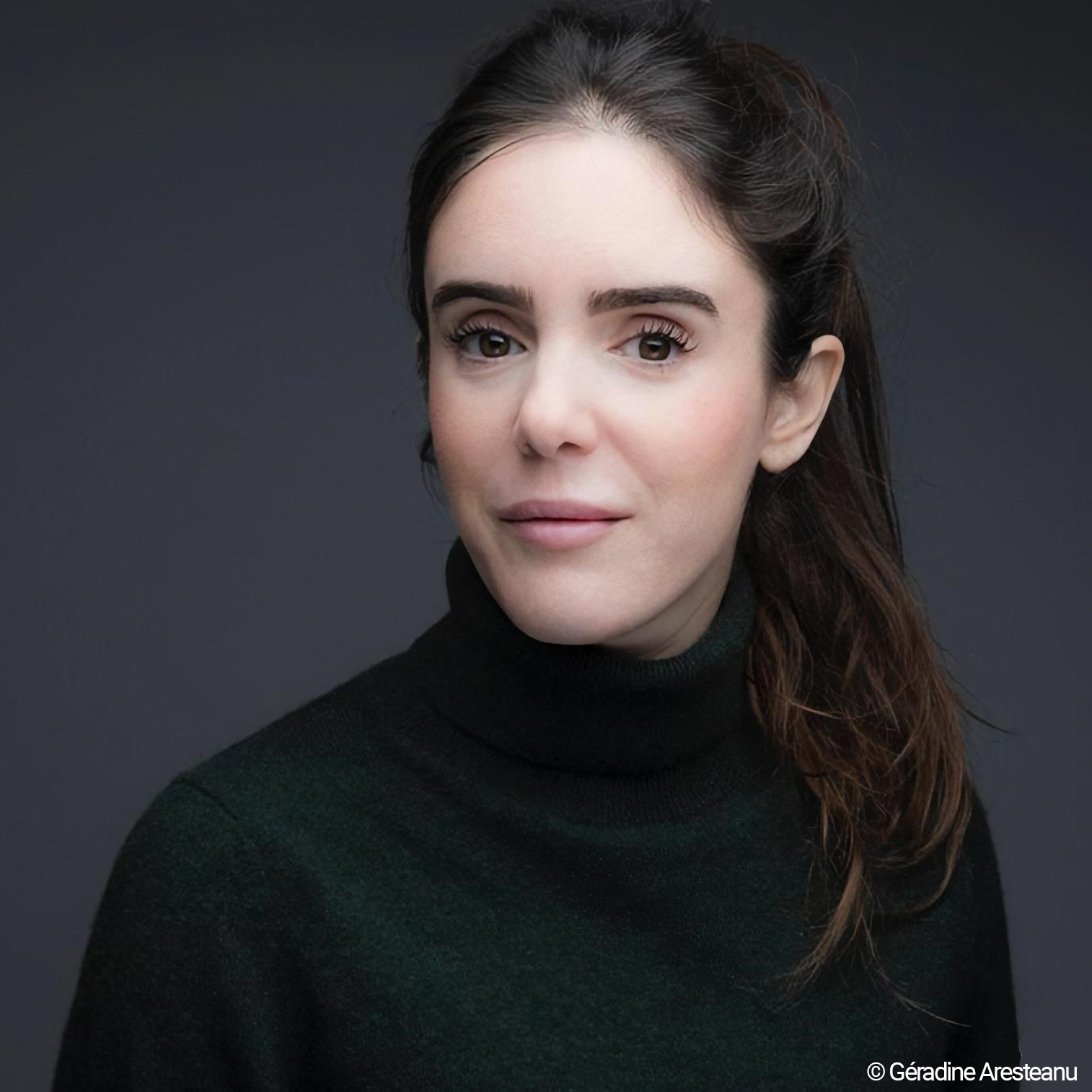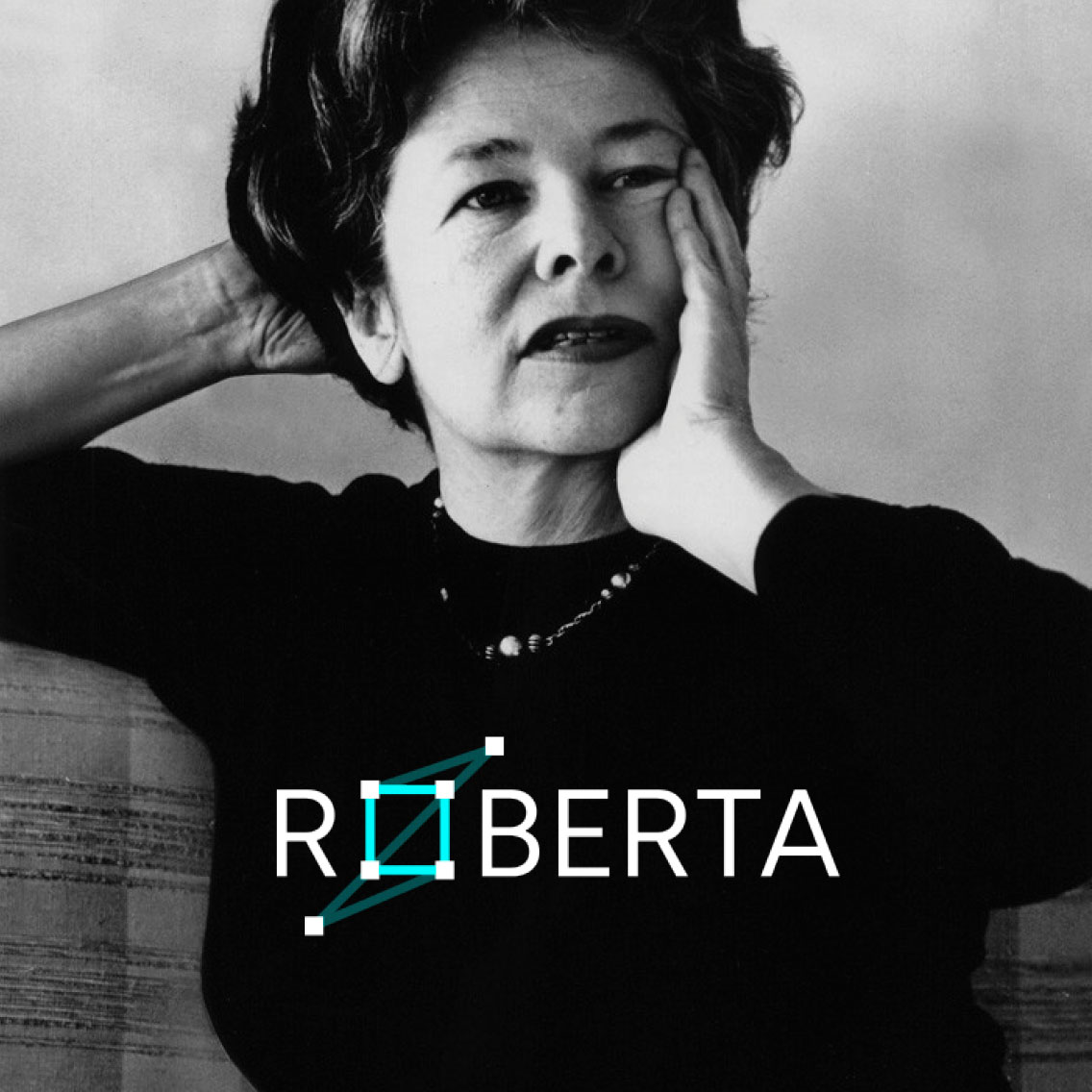3 questions to Daphné Marnat

12/22/2021 by Preligens
Daphné Marnat, anthropologist, CEO and co-founder at Unbias-ia (a company that conceives an unsupervised machine learning model that focuses on capturing and proposing alternatives to sexist or perceived sexist tokens in context) answers our 3 questions.
What is the place of social sciences in new technologies and in particular in the development of artificial intelligence?
As an anthropologist I am probably not very objective on this question. I believe that social sciences should be an integral part of what is called 'artificial intelligence', which includes mathematics and computer sciences. First of all, because they have been dealing with the subjects of language, human decision making and cognition for longer than the so-called 'hard' sciences. We have a lot to learn from each other, even if the dialogue is not so easy.
We have shown with Unbias that such a dialogue allows for algorithmic breakthroughs, particularly in the management of biases. Furthermore, it is useful for its appropriation. Very often, we develop a model without worrying about its usefulness, or its relevance to human-machine interaction. The human sciences allow us to look at the use cases, the user and societal needs, and to understand the ecosystem in which the machine will be used. This introspection aims at the appropriation and relevance of the model but also serves its transparency and explicability.
In your opinion, are the biases in AI comparable to human biases? What dangers do they represent for society?
The notion of "bias" perfectly illustrates the issue of the difficulties of dialogue between the human sciences and the algorithmic world. Biases are constantly questioned by a sociologist or an ethnologist: what am I adding to my observation that could distort my observation? (of my identity, my gender, my social status). It is a literature as dense as what is actually observed or analysed. But we don't see bias as a danger! Questioning them allows us to refine the information we observe. In the information sciences, a bias is what allows us to distinguish one piece of information from another. Without bias we are no longer able to communicate, analyse or interact with reality.
Biases are not a problem, therefore, mastering them allows us to refine the quality of the information produced. On the other hand, learning tends to amplify the biases contained in the corpus, some of which are welcome and others much less so, those which result in discrimination that society no longer wants. The challenge is therefore to identify these discriminatory risk biases present in your training corpus or models, to measure them to realise to what extent training amplifies them and finally to minimise them, if possible, i.e. if this does not impact too much on the performance of your model. If their minimisation has an impact, then it is the human responsibility to counterbalance this discriminatory risk with other processes.
After a year 2021 full of new regulations on AI, what do you hope to see change or progress in 2022?
Algorithmic creativity! I think these regulations are a good thing, accessing performance will be more difficult but not impossible.
We have imposed these constraints on ourselves from the start at Unbias (treatment of bias, frugality, explicability of our models). Result: we have cracked a lot of high value-added subjects. For example, our models are very light, and meet the needs of embedded AI. NASA is constantly innovating under constraints! And I think it's time to ask the question of the expected performance of our models. I invite everyone to question their objectives (the task to be carried out, the right proportionality of means to your objective... ) and the people who will be directly impacted by the inferences of the models. For this, sociological studies are the best allies.


